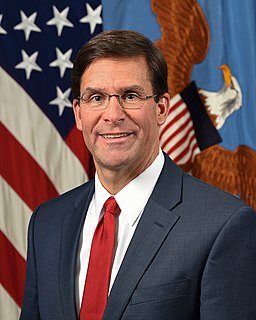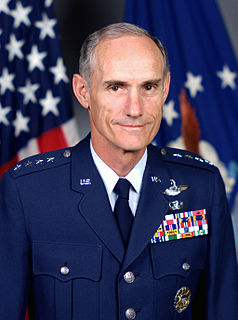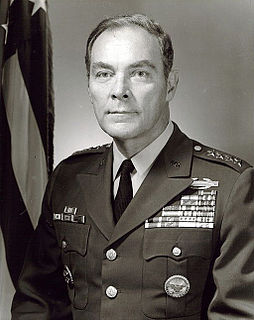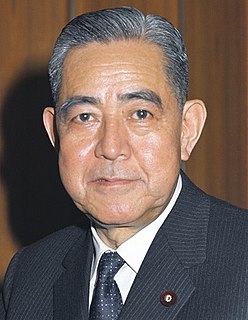A Quote by Michael Ignatieff
Desert Storm created the pattern for the American way of war that eventually prevailed in Kosovo. America learned from Vietnam that unilateral use of force eventually forfeits international legitimacy and domestic support. Desert Storm demonstrated the political necessity of coalition warfare.
Related Quotes
Desert Storm was seen by the military establishment and by some politicians as avenging Vietnam, but it left behind dangerous illusions. The victory was so decisive, and information about it so carefully managed, that the American public was never clearly informed that it was purchased at the price of approximately 100,000 Iraqi lives.
If this practice [of totalitarianism] is compared with […] [the desert] of tyranny, it seems as if a way had been found to set the desert itself in motion, to let loose a sand storm that could cover all parts of the inhabited earth.
The conditions under which we exist today in the field of politics are indeed threatened by these devastating sand storms.
I think that the war on drugs is domestic Vietnam. And didn't we learn from Vietnam that, at a certain point in the war, we should stop and rethink our strategy, ask ``Why are we here, what are we doing, what's succeeded, what's failed?'' And we ought to do that with the domestic Vietnam, which is the war on drugs.
































